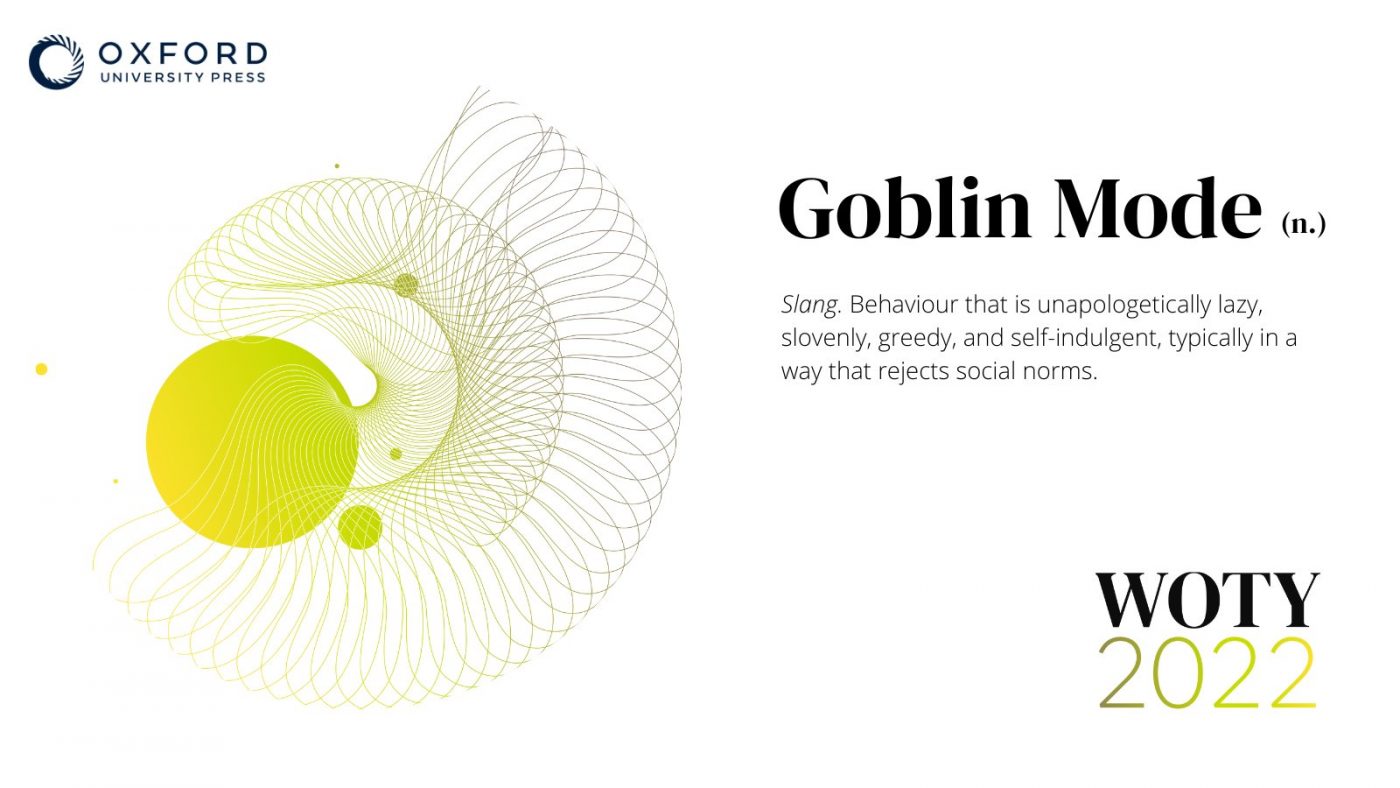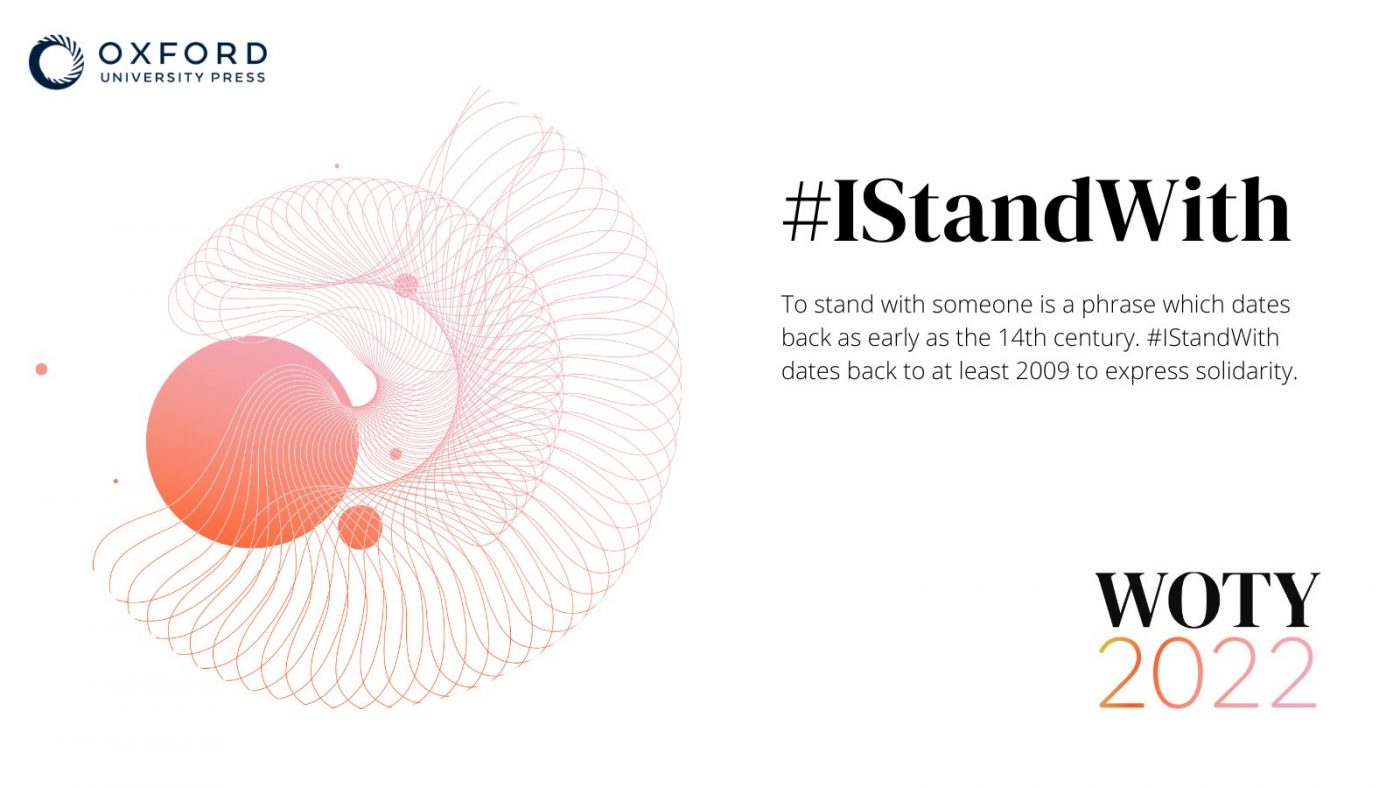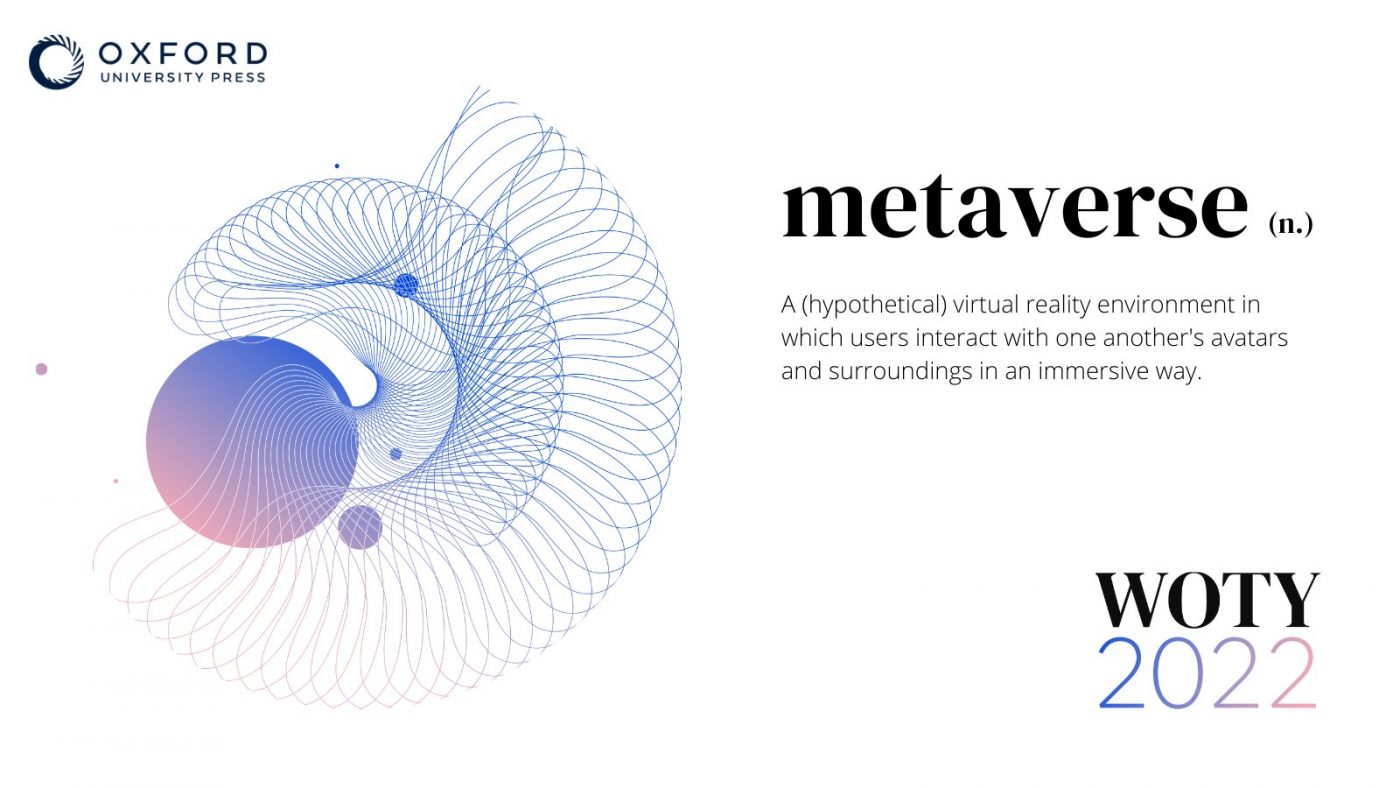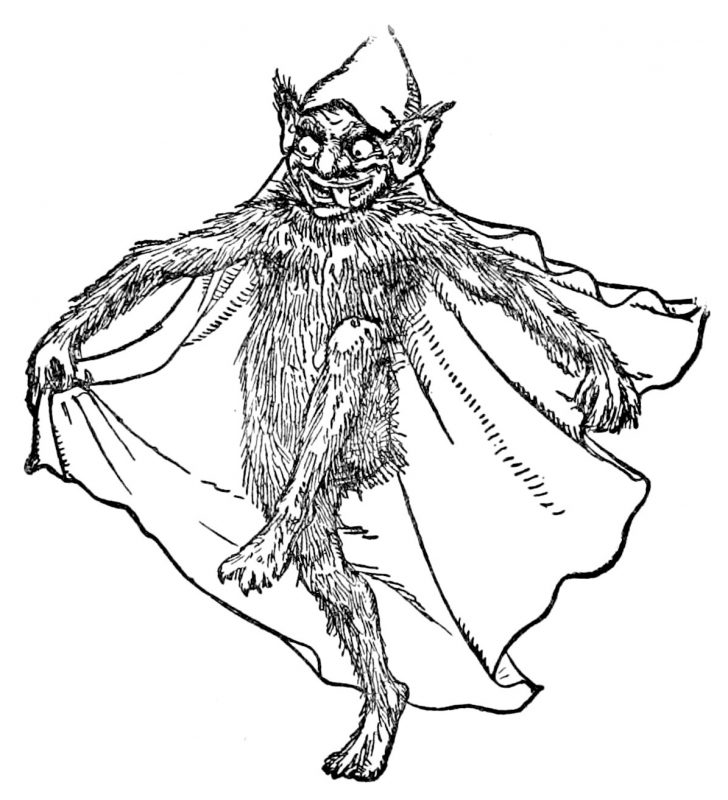“Goblin mode” has been declared by popular vote to be the Oxford English Dictionary’s word of the year. Unlike previous winners of word of the year, which were chosen based on recent language-data analysis, this year’s word was picked by public vote. More than 340,000 English speakers around the world cast their votes.

(Photos: Twitter)
This year, Oxford Languages selected three contenders, each meant to reflect “the ethos, mood, or preoccupations of the past twelve months.” Those words were “Metaverse”; “#IStandWith”, and “Goblin mode”. With 93 percent of the public vote, “Goblin mode” became the clear winner, the people’s word of the year!


(Photos: Twitter)
So, what is “Goblin mode”?
Goblin is a small, grotesque, monstrous creature that appears in the folklore of multiple European cultures. They are depicted as living mainly in the underworld, with a distinctive order and system of movement. Goblins are often portrayed as evil, greedy, vile, cunning and deceitful, always giving an ugly, unassuming and treacherous character.

As for “Goblin mode”, according to the Oxford Dictionary, refers to “a type of behavior which is unapologetically self-indulgent, lazy, slovenly, or greedy, typically in a way that rejects social norms or expectations”.
The popularity of “Goblin mode” may be linked to a rejection of the perceived carefully curated lifestyles often presented by social media users.
“It’s a relief to acknowledge that we’re not always the idealized, curated selves that we’re encouraged to present on our Instagram and TikTok feeds.” The president of Oxford Languages, Casper Grathwohl said.
Coincidently, the “Goblin mode” matches “tangping” or “lying flat” trend that has emerged in China in recent years. I’d say, if China were to hold campaign of “word of year”, “tangping” would be one of the most iconic words.
The idea of “lying flat”, or “tang ping” in Chinese, means taking a break from relentless work. The term was derived from the idea that one should just lie on the ground and do nothing at all. It means to live a low-desire life, not to spend extra money, not to have relationships and not to get married, and to maintain a minimum standard of living. In this context, it is important to treat yourself well and to live a relaxed and peaceful life.

The “lying flat” movement took off in 2021 as many felt they were coming under increasing pressure to work even harder and outperform their peers. Many netizens posed that they do not want to return to the way things were before the pandemic and describing how their lives had improved after rejecting social pressures to work hard, earn a lot of money, marry, and have children.
Some Chinese netizens mentioned that they had not been working for two years and did not feel anything wrong, and said that the pressure mainly came from the comparison with people around them and the traditional concept of elders. They now have the confidence to pursue a slower-paced life.
Whether it’s “Goblin mode” or “tangping”, both have a negative, inactive and unchanging mindset towards our society today. It’s clear that both in the West and in China, the world is facing similar problems that have led to “Goblin mode” or “tangping” being promoted among the new generation.
Now we come to why?
On the one hand, many believe the proximate cause must be the instability of the international situation over the past few years and the ‘new normal’ of life brought about by the epidemic. People would rather focus on the present than on grand ideals and illusory images.
On the other, the institutional structure of modern society makes the new generation passive and spontaneous, prioritizing their own feelings and interests. When people are used to measuring the value of a person by superficial materialistic and utilitarian thinking, it brings a lot of intangible pressure on new generation.

The above social pressures and competitive mentality actually come from the social phenomenon derived from “late capitalism”, which refers to the combined social situation of high-tech development, excessive concentration of financial capital, and growing gap between rich and poor.
Society lacks opportunities for upward mobility. With the help of high-tech, capitalists and enterprises further exploit the resources of the younger generation, which eventually leads to the rise of the “Goblin model” and “tangping” culture.
Nowdays, it is difficult to pursue a seemingly “ordinary” goal, such as buying a house. It is inevitable that many people would rather spend money on traveling and food than save money for a mirage. As the world has gradually recovered to its pre-epidemic situation, will the people turn off “Goblin mode” or “tangping” and return to normal life?
Striving for, or lying flat, that is the question.


